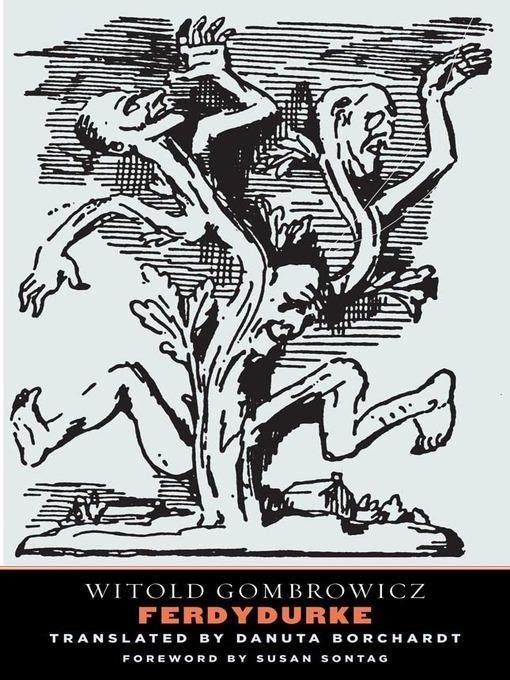
Ferdydurke
- اطلاعات
- نقد و بررسی
- دیدگاه کاربران
نقد و بررسی

August 14, 2000
This masterpiece of European modernism was first published in 1937, and so arrived on the literary scene at an inopportune moment. First the Second World War, then Russian domination of Gombrowicz's Poland and the author's decades of exile in Argentina all but expunged public awareness of a novel that remains a singularly strange exploration of identity, cultural and political mores, and eros. Joey Kowalski narrates the story of his transformation from a 30-year-old man into a teenage boy. Joey awakens one morning gripped by fear when he perceives a ghost of himself standing in the corner of his room. He orders the ghost, whose face "was all someone else's--and yet it was I," to leave. When the ghost is gone, Kowalski is driven to write, to create his own "oeuvre," to be "free to expound own views." A visitor arrives, a doctor of philosophy named Pimko. As Pimko talks to him, Kowalski begins to shrink, to become "a little persona"; his oeuvre becomes a "little oeuvre." Pimko, in turn, grows larger and larger. He takes Kowalski to an old-fashioned Polish school, and then the man-boy's adventures adventures continue in a middle-class household and on the country estate of landed aristocrats. Kowalski's exploits are comic and erotic (for this is a modernism closer to dada and the Marx brothers than to the elevated tones of T.S. Eliot or Ezra Pound), but also carry a shrewdly subtle groundswell of philosophical seriousness. Gombrowicz is interested in identity and the way time and circumstance, history and place impose form on people's lives. Unsentimental, mocking and sometimes brutal, Kowalski's youthfulness is callow and immature, but it is also free to revel in desire. Susan Sontag ushers this new translation into print with a strong and useful foreword, calling Gombrowicz's tale "extravagant, brilliant, disturbing, brave, funny... wonderful." And it is.

Starred review from January 1, 2001
Originally published in 1937, this novel was banned by the Nazis and suppressed by the Communist regime in Gombrowicz's (1904-69) native Poland. While modern readers may not find the book's satire particularly subversive, the author's exuberant humor, suggesting the absurdist drama of Eug ne Ionesco, if not the short fiction of Franz Kafka, is readily apparent in this new translation. Thirty-year-old Joe is abducted by schoolteacher Pimko and placed in a school where "daily universal impotence" is drummed into the students. This institutional belittlement exposes Joe to the brutality of the social, cultural, and political pretensions of both teachers and classmates. Trapped between the expectations of others and the perils of solitude, Joe finds refuge in his own childishness, much as the protagonist of the author's Trans-Atlantyk embraces his own immaturity. Pausing for digressions that impress upon the reader that "the child runs deep in everything," Gombrowicz recounts Joe's escape from the school, his bizarre visit to the country estate of relatives, and the ultimate flight with his cousin beneath a giant buttocks that has usurped the sun's place. Highly recommended for collections specializing in modern and Eastern European literature.--Richard Koss, "Library Journal"
Copyright 2001 Library Journal, LLC Used with permission.




دیدگاه کاربران